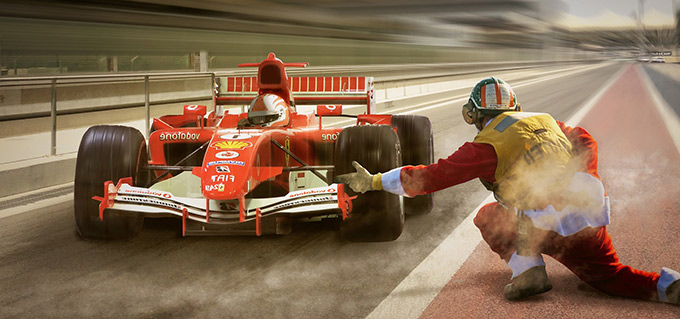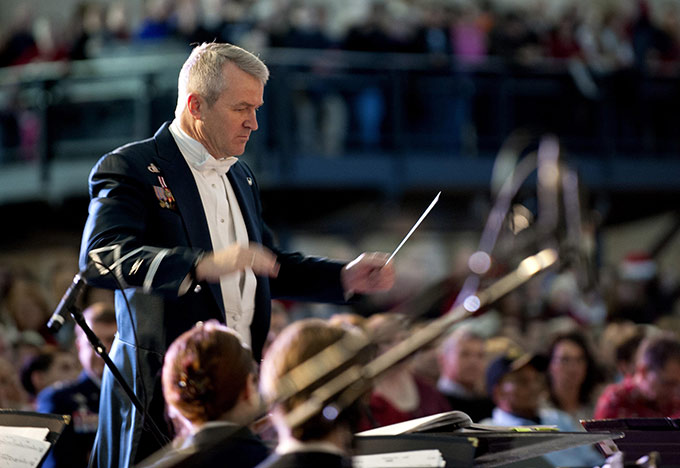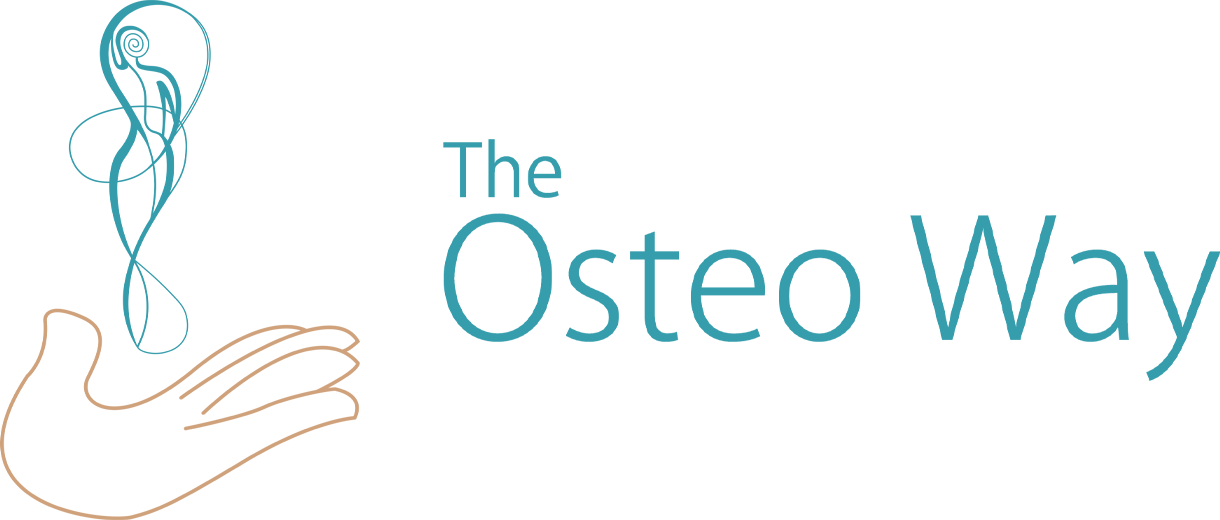
We all have phases of our lives where things pick up; maybe it’s because you’ve welcomed a new baby, or taken up a new role at work, or a family member needs extra support during a difficult time. There’s no denying that life goes through cycles. The problem is that in our modern culture it is easy to prioritize getting more work done over going to bed early and getting rest; it’s easy to add more onto our plate because busy schedules are the norm rather than asking ourselves: “can I manage all of this?” What we want to address and explore in today’s article is this: how does the amount of work, or stressors, or events in our schedule impact our overall health? Read on to learn a bit more about how being the ‘tortoise’ in life’s race might actually be a winning move.
Do you ever ask people how they’ve been and they answer that they’ve been very busy? What is your reaction afterward? Do you congratulate them for it, and admit that you’ve been busy also?
Have you ever wondered why everybody is rushed? We are living in a time where rushing through life and multitasking is highly valued. But this culture of speed has negative effects on all aspects of our life from our physical health to our diet, work, mental health, energy levels, and relationships.
In this article we’ll explore why we are hurrying through life, why it is hard to slow down, the health risks and problems it exposes us to, and solutions that will benefit us.

One phenomenon we tell our patients about is the “snowball effect”. A small snowball pushed from the top of the mountain will gain speed rapidly as it rolls and its size will grow proportionately. Now let’s say the snowball is you starting at a slow pace, under control, and over time chores, responsibilities, social engagements, work, and family demands grow – lengthening your “to do” list and increasing the momentum of your snowball, making it harder to slow down. Sound familiar? Do you ever feel like it’s hard to do nothing, or rest, to think about one thing at a time and be present? Do you run from one appointment or activity to another?
Different theories explain how technology, consumerism, our work environment, our culture, or urbanization creates this fast-paced lifestyle. Western society also seems to view time as fleeting – we have to catch it before we lose it. To make matters worse, our society supports the idea that slowing down leads to an unfilled space, unused time, and associated with laziness.

Speed is fun and creates an adrenaline rush that feeds our ego, but prevents us from living in “the now” with all our senses, and keeps us asking for more. But this attempt to drive our “smart car” down the highway like a Ferrari causes wear and tear and concerns for our health:
- Our stress increases with busyness, lowers our immunity, and impairs our digestion
- Physical pain is often worsened by fatigue and chronic undiagnosed pain becomes more common
- Our mental health is affected (anxiety and depression)
- Different systems in our body are negatively affected like our cardiovascular health, hormones, etc.
- Fatigue and poor sleep get gradually worse
The good news is that, contrary to popular belief, slowing down at the right moment allows us to live better by eating well, exercising, and sleeping more in order to restore our connection with time and life. Easier said than done!

Have you ever noticed in a play how the audience can feel emotions not only from the actors’ words or actions but in the pauses between them? A similar phenomenon occurs in music, where silences or instrumental parts keep us on edge. In a lecture, the speaker pauses for emphasis or to allow the audience to reflect. Before a sports game or the start of a competition, look for the stillness allowing athletes to gather their mental and physical focus and harmony.
How can we meet this quality vs. quantity dilemma? By letting go of our “autopilot” and cultivating mindful activities that we love – being our own speedometer and noticing when we are going over the speed limit to manage time better, even when we are speeding downhill! Finally, disconnecting from technologies and work and spending some quiet time in nature can help us to make peace with inaction/rest as we reflect on why busyness became so important to us.
I hope that his article will help my busy bee patients understand their body’s state, as most osteopaths notice this “rushaholic” tendency often. Even if none of us become perfectly balanced all the time, by cultivating awareness of your own balance of time and embracing your inner tortoise, I hope you feel better.
